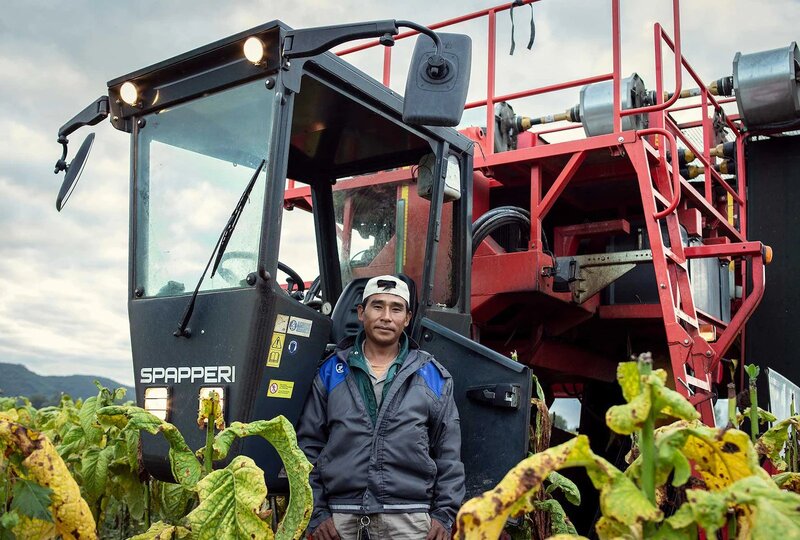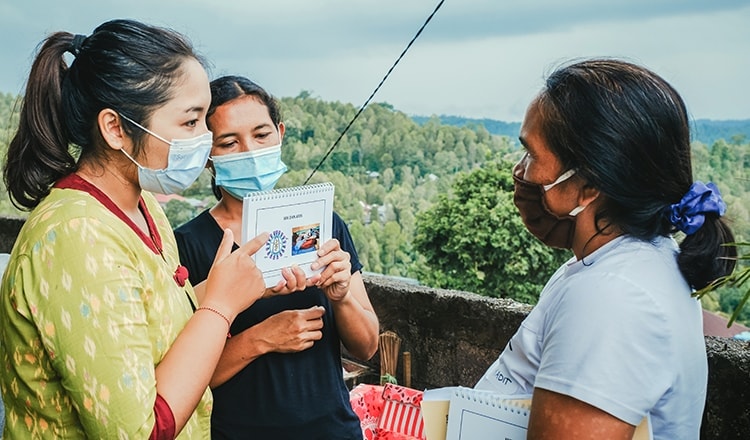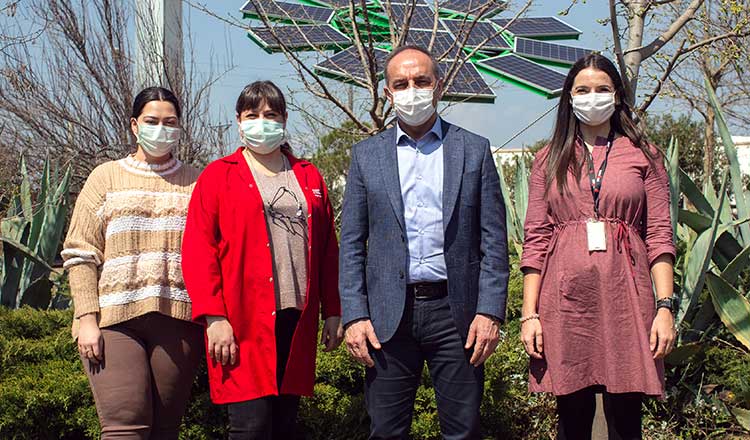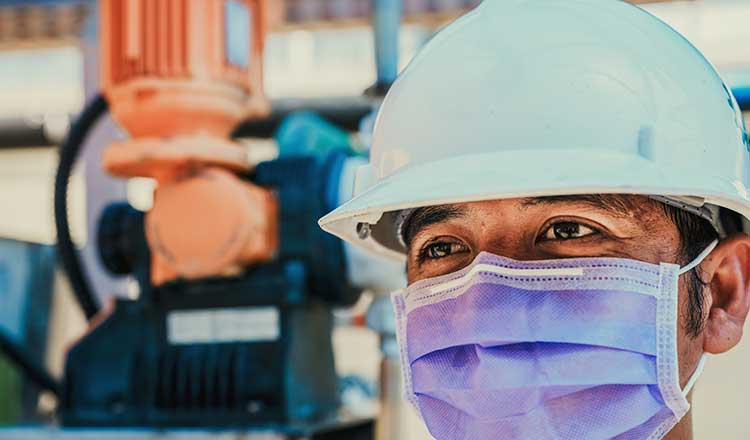Impact of COVID-19 on our activities in 2020
Labor relations
Engagement is critical to managing change. In 2020, we continued to support employees in transition, ensuring that employee rights are respected regardless of age, aspiration, stage of career, or level of seniority. Where change affects an employee or group of employees, we work closely with their representatives, trade union, and/or workers’ council to manage any transition fairly and openly. In the case of job loss, we focus on employability: Outplacement schemes, retraining, and skills-based workshops. The central Labor Relations team continuously supports functions and markets, whenever they have to work on restructuring plans.
Restructuring in Switzerland
Organizational restructuring is a very delicate phase in an organization’s life, as it will affect many people, processes, systems, technologies, business areas, and functions. When facing restructuring initiatives in such a challenging, complex, and ever-changing economic environment, putting people first is our priority.
When organizational changes to propel further business transformation affected the first five central functions in Switzerland, we started the consultation process and negotiated in parallel a social plan for impacted employees. This is a written document that outlines specific measures to mitigate the effects of the reorganization and defines the company’s support in addition to what an employee is entitled to under Swiss legislation. We took care to not only provide substantial financial support but also to address future employability so employees can prepare for the next phase of their professional lives. An Employee Representation Body, comprising 13 self-nominated employees, was set up to represent their colleagues in the negotiation of the social plan and the consultation process. Starting from the original estimate of 467 potentially impacted positions in 2020, in reality, 216 Swiss-based employees were impacted. We achieved this reduction by adjusting plans, and following suggestions and proposals received during the consultation process, as well as through:
- A consideration to keep some positions in Switzerland and not relocate them, partially driven by the COVID-19 challenges
- The launch of an attractive voluntary program (more than 100 applications) as well as an extensive focus on the people placement process, which enabled the identification of numerous redeployment opportunities for impacted employees
- A significant number of employees who accepted the offer of a non-equivalent job, which allowed us not to terminate their employment
The organizational restructuring at our Operations Center in Switzerland will continue in 2021.
Collective labor agreements govern many of our employees’ terms and conditions at work and may include several arrangements, such as working hours, occupational health and safety, holidays, wages, and procedures for dispute resolution. In 2020, we had 79 collective labor agreements in 34 countries, covering 62 percent of employees.
We operate in multiple countries, with widely varying legal employment standards. In some of these countries, freedom of association is not part of national legislation. As a global company, we consider it our duty to ensure that our entire workforce, regardless of local or national standards, is treated fairly and with respect, and in line with our standards. We strive to work with employees’ consultative committees and other suitable mechanisms of representation.
In this chapter
- Impact of COVID-19 on our activities in 2020
- Labor relations
- Living wage
- Next steps
2020 performance highlights
Living wage
A living wage, distinct from a minimum wage, provides an employee with the means to enjoy a decent standard of living. This includes the ability to buy goods and services and build up savings. A living wage takes into account local living standards. PMI intends to provide at minimum a living wage for all employees.
We have worked with BSR, a leading sustainability consultancy, since 2018 to provide an independent assessment of living wages globally and to confirm that we pay at or above this level everywhere we do business. The previous survey and analysis was undertaken in 2018, with a plan to undertake the same work every two years. Due to COVID-19, the survey was not undertaken in 2020 as originally planned. We will commission a new survey in 2021 and initiate actions as necessary to ensure that we maintain our global living wage commitment.
Our approach to employee benefits is centered on the employee. Our suite of benefits programs, platforms, and policies is shaped by employee contexts, local regulations, agreements, needs, and preferences. In 2020, we continued to review our offerings and implement changes locally where appropriate, acknowledging that people have differing situations and value different things. This employee-centered mindset continues to drive our employee benefits approach going forward. One example is the global review of our life insurance benefits to assess what programs are provided across all of our affiliates. First undertaken in 2019, this now forms a part of all local benefit reviews to ensure that certain minimum standards are being met, and, if they are not, appropriate remedial action is taken.
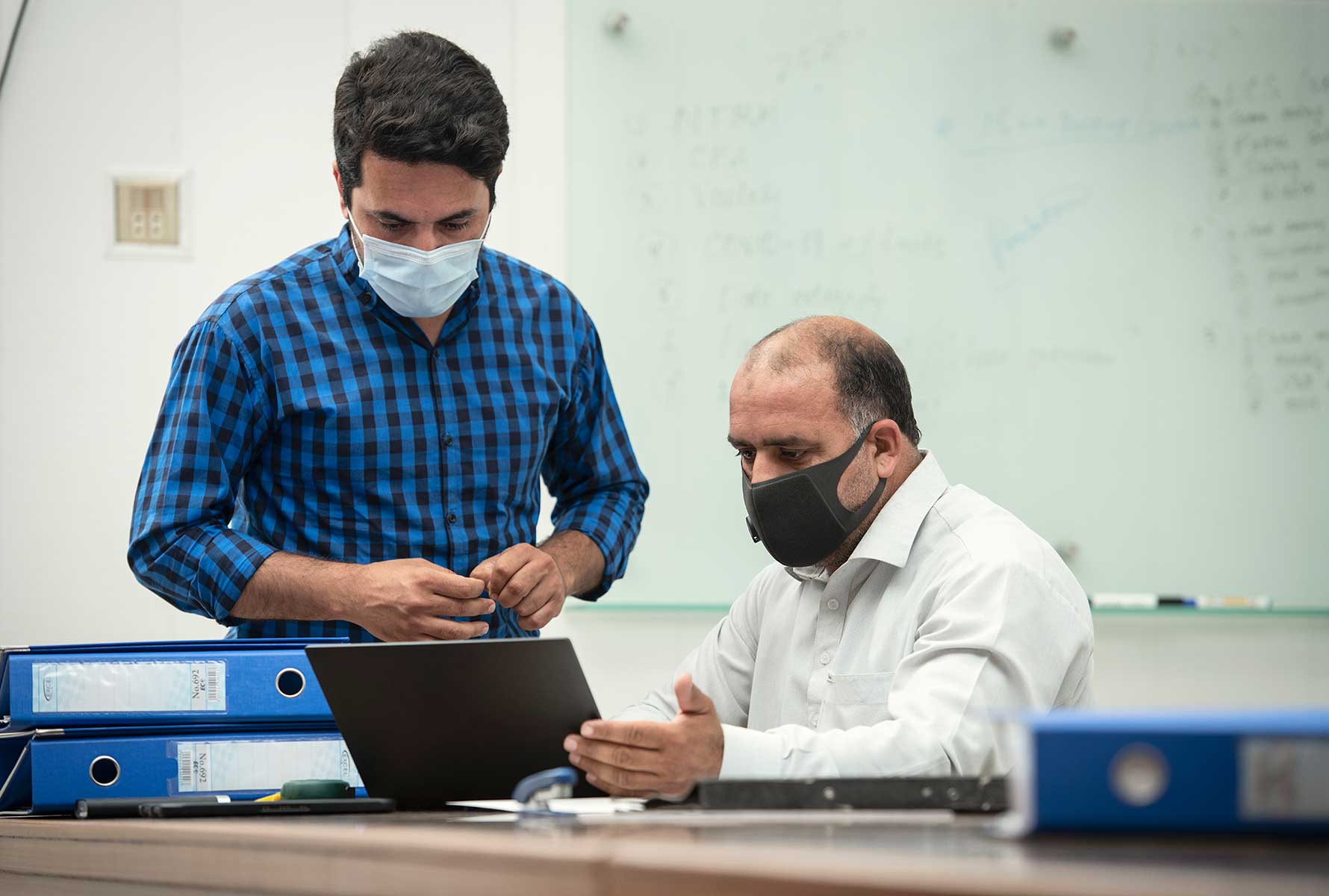
Next steps
We will continue to increase the labor relations capability within our People & Culture function, so that every People & Culture market team is equipped to design the best strategy, despite the challenges presented by circumstances such as the pandemic.
Our engagement with trade unions and works councils remains of paramount importance to us, which is demonstrated by the joint work being undertaken at European Works Councils in topics such as employability, well-being, and stress prevention.
We will commission a new survey to assess living wages among our employees in 2021.
This online content about our Integrated Report should be read in conjunction with PMI’s 2020 Integrated Report. The information and data presented here cover the 2020 calendar year or reflect status at December 31, 2020, worldwide, unless otherwise indicated. Where not specified, data come from PMI estimates. Please also refer to 'About this report' on page 3 of the 2020 Integrated Report for more information. Aspirational targets and goals do not constitute financial projections, and achievement of future results is subject to risks, uncertainties and inaccurate assumptions, as outlined in our forward-looking and cautionary statements on page 145. In the 2020 Integrated Report and in related communications, the terms “materiality,” “material,” and similar terms, when used in the context of economic, environmental, and social topics, are defined in the referenced sustainability standards and are not meant to correspond to the concept of materiality under the U.S. securities laws and/or disclosures required by the U.S. Securities and Exchange Commission.

